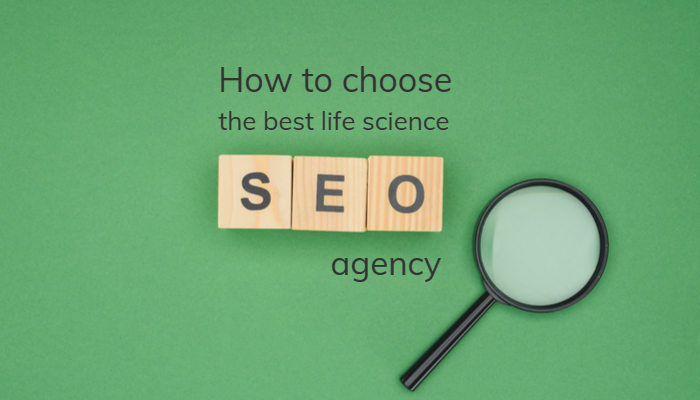Podcasts used to be a thing, riding in on the wave of excitement that accompanied the iPod. By around 2008 podcasts were no longer a thing. People had moved on to alternative means of communication via the explosion of social media channels. But, as with turn-up jeans, exposed midriffs and actors from the 1980s, the trend has come full circle and podcasts are totally a thing, again.
Whether it’s a result of how easy it is to download podcasts now, or a desire to cut through the cacophony of communication that we’re all swimming in – from Likes, Posts and Shares to Twitter, Facebook, Snapchat, Instagram and email – people have once again taken a shine to the podcast. I put this down to the personal touch a podcast provides. The effort required to create a podcast provides assurance that the person creating it has really thought about adding some value to your day.
 Image: Flickr/Francols Schnell/Podcasts anwhere anytime/CC BY 2.0
Image: Flickr/Francols Schnell/Podcasts anwhere anytime/CC BY 2.0
Connecting with your podcaster
The average commute time to work in the UK is about an hour, and this has become prime podcast time. I know that, for me at least, this is the time I can shut out thoughts of work, schedules and my fellow commuters stuck in traffic. My personal choice is the Nature Podcast, keeping me up to date with all the latest scientific goodness and gossip! Perhaps that’s not for you; perhaps you want to listen to a podcast about music, games, sports, fashion, cars, stamp collecting, gardening, wood work, skiing, ornithology or cooking. Whatever interests you, there’s someone podcasting about it. This extends right through to podcasts supporting professional development. For all the marketers reading this blog who are keen to stay up to date on the latest trends in marketing strategy and tactics, check out our handy list of blogs to follow.
For a brief period of time you get to listen to one person, or maybe a few people, talking directly to you, and it really does feel personal. You steadily become rather attached to specific presenters and begin to feel like perhaps you know them on some level. This is precisely why radio remains such a popular medium.
Balancing trust and integrity with agenda
This personal association with audio-only broadcasts has benefits beyond simply dispensing a weekly dose of hilarious psychological case studies, all things nerd or maybe just a selection of weird moments. The close relationship the listener develops with the podcaster, places them as a trusted voice of authority with the potential to discuss or position products or services. Now, let me qualify this by saying that this is a delicate balancing act: if a podcaster slips from mentioning products they genuinely believe in, to becoming a corporate shill, then people are going to ditch that podcast in the blink of an eye.
With intelligence and empathy, podcasts can be a valuable marketing tool for discussing trends and products without forcing a sales pitch into people’s ears. If a podcaster has earned the trust of the listeners, they have a responsibility not to take advantage of that. For example, I used to listen to a technology podcast on a regular basis, discussing building PCs and all manner of associated geekery. The podcasters were great: they were funny, well informed and churned out tons of great advice completely free. However, something happened and all of a sudden, they were touting one particular brand of PC component at every opportunity. It was such a stark departure from the usual unbiased and occasionally scathing reviews of an array of products, that I felt a little betrayed and let down. Their listener numbers plummeted and eventually I think the podcast disappeared in the mists of the iTunes archive.
Engage with people, don’t sell to them
The same principles that we advocate in content marketing apply to podcasting. For example, letting the evidence or content speak for itself, enticing the customers to you and not aggressively pushing an agenda. Nobody wants to be sold to. Podcast listeners aren’t looking to be bombarded with taglines. They are looking for engaging content that educates, informs and entertains. They want to form that trusting relationship with podcasters and want to believe the information they’re receiving. Podcasts come with a great deal of power to communicate an honest message, but with that power, comes great responsibility… to the listener.
The lesson? Focus on providing value to your listeners. If you have a commercial objective, it should be secondary, and subtly introduced.
Should you podcast?
Podcasts look set to continue their rise in popularity, maybe even reaching the dizzying heights where they occupy a spot synonymous with the car radio. One industry group suggested that 50% of new cars sold in 2015 will have internet connectivity and by 2025 it will be all of them – although I find this hard to believe since I can’t even get Wi-Fi upstairs at home!
Marketers and companies have a unique opportunity to communicate with potentially millions of people seeking out niche information on a personal level.
However, before you leap in and start podcasting, be sure to weigh up the resource investment required versus the likely return on investment. There are still a lot of shows out there vying for our attention. Yours will need to stand out from the crowd and really appeal to the unique interests of your target market for it to be a success.





